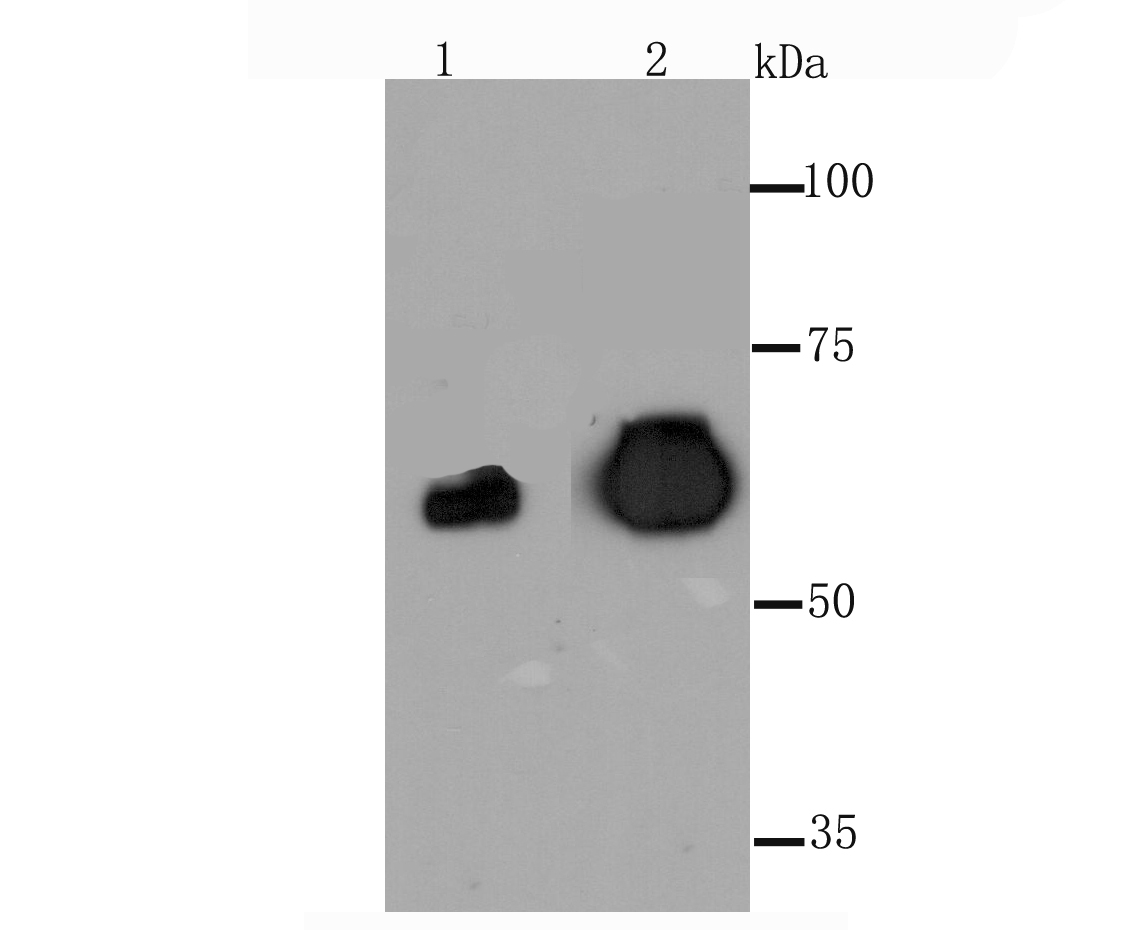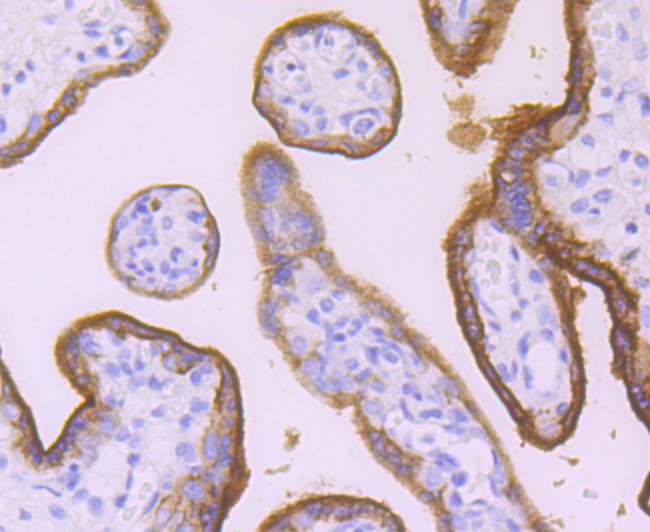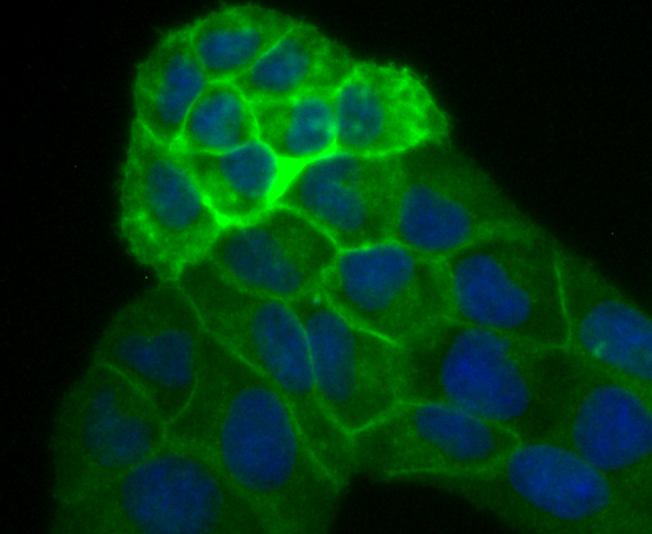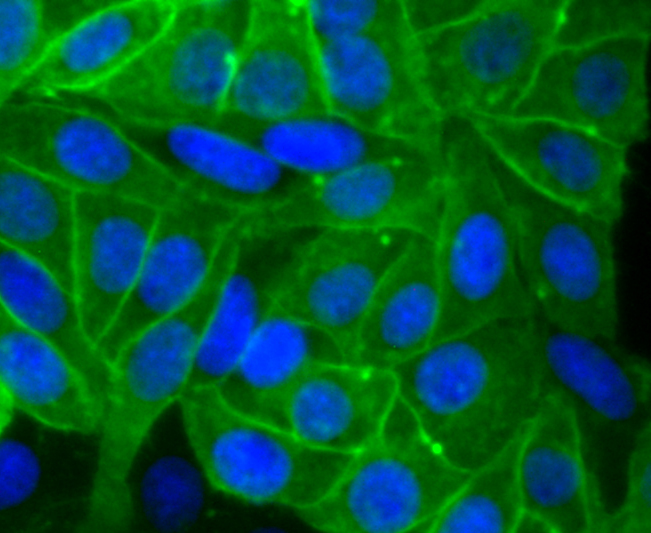Alkaline phosphatases (AP) are glycosyl-phosphatidylinositol (GPI)-anchored, dimeric, Zn2+-metallated glycoproteins that catalyze the hydrolysis of phosphomonoesters into an inorganic phosphate and an alcohol. Placental alkaline phosphatase (also known as PLAP, ALPP, PALP, placental ALP-1 or Regan isozyme) is a 530 amino acid, tissue-specific AP that is expressed in the placenta, the serum of pregnant women and ectopically expressed in various cancers, including those of the ovary and testis. PLAP may assist in guiding migratory cells and transporting specific molecules, such as fatty acids and immunoglobulins, across the plasma membrane. The three tissue-specific APs identified in human, PLAP, germ cell AP (GCAP) and intestinal AP, are 90-98% homologous and their genes are clustered on chromosome 2q.




